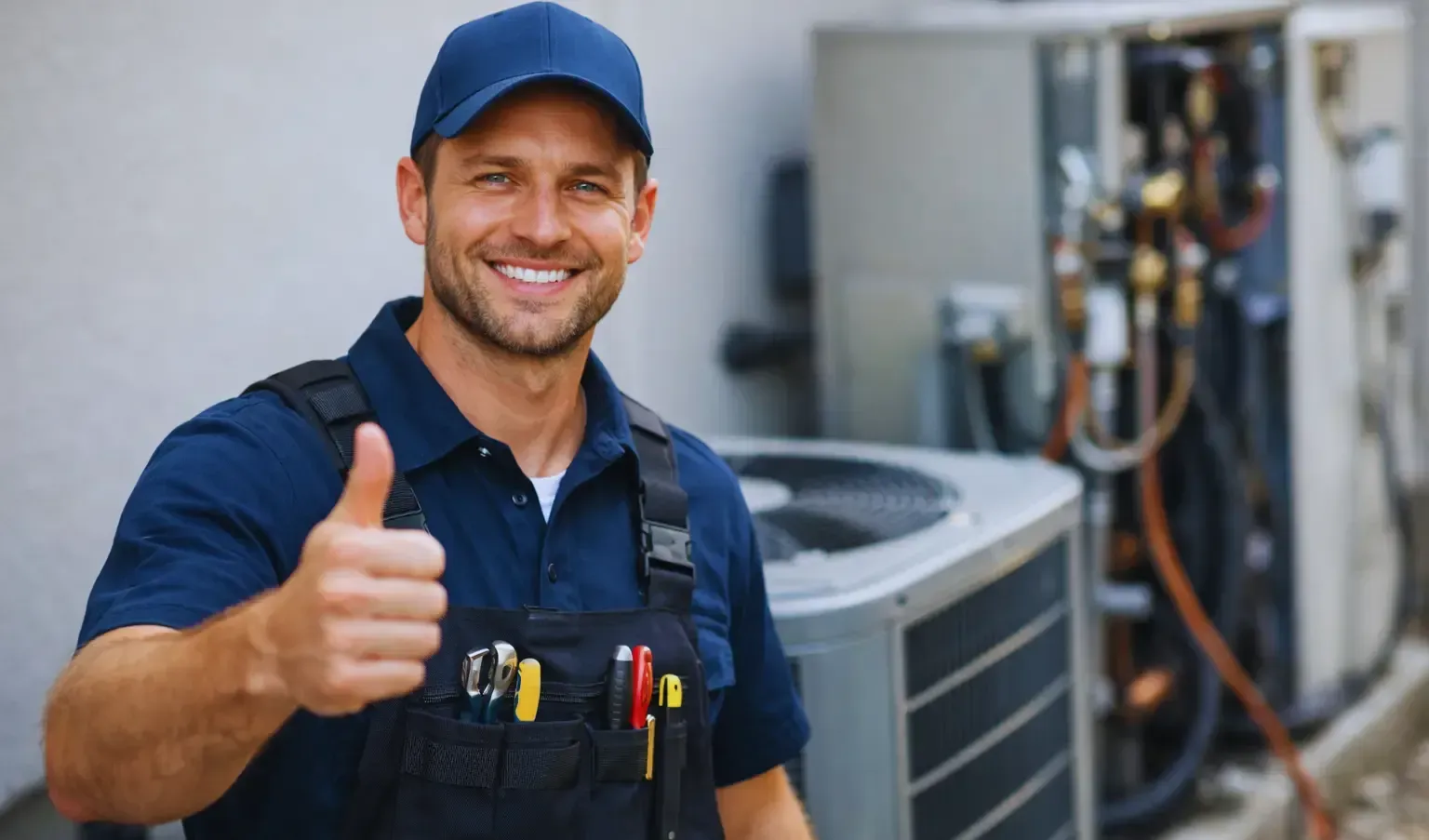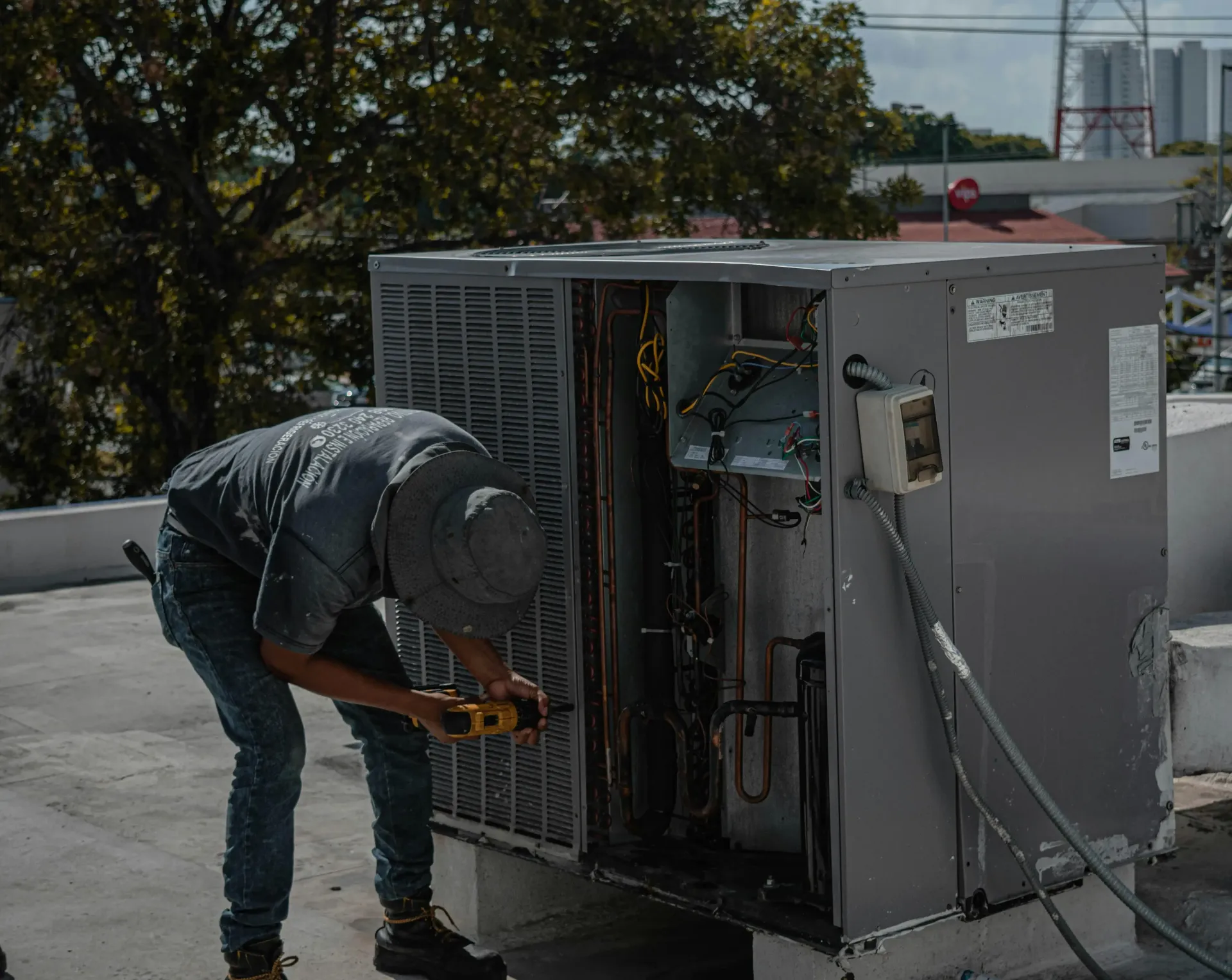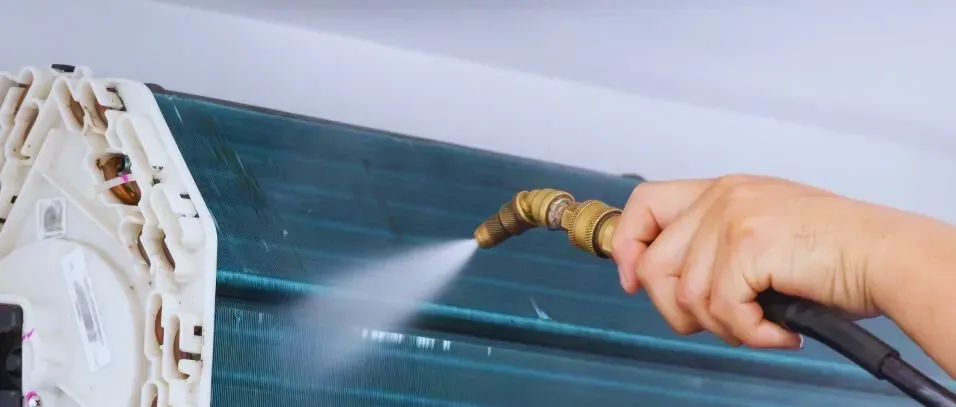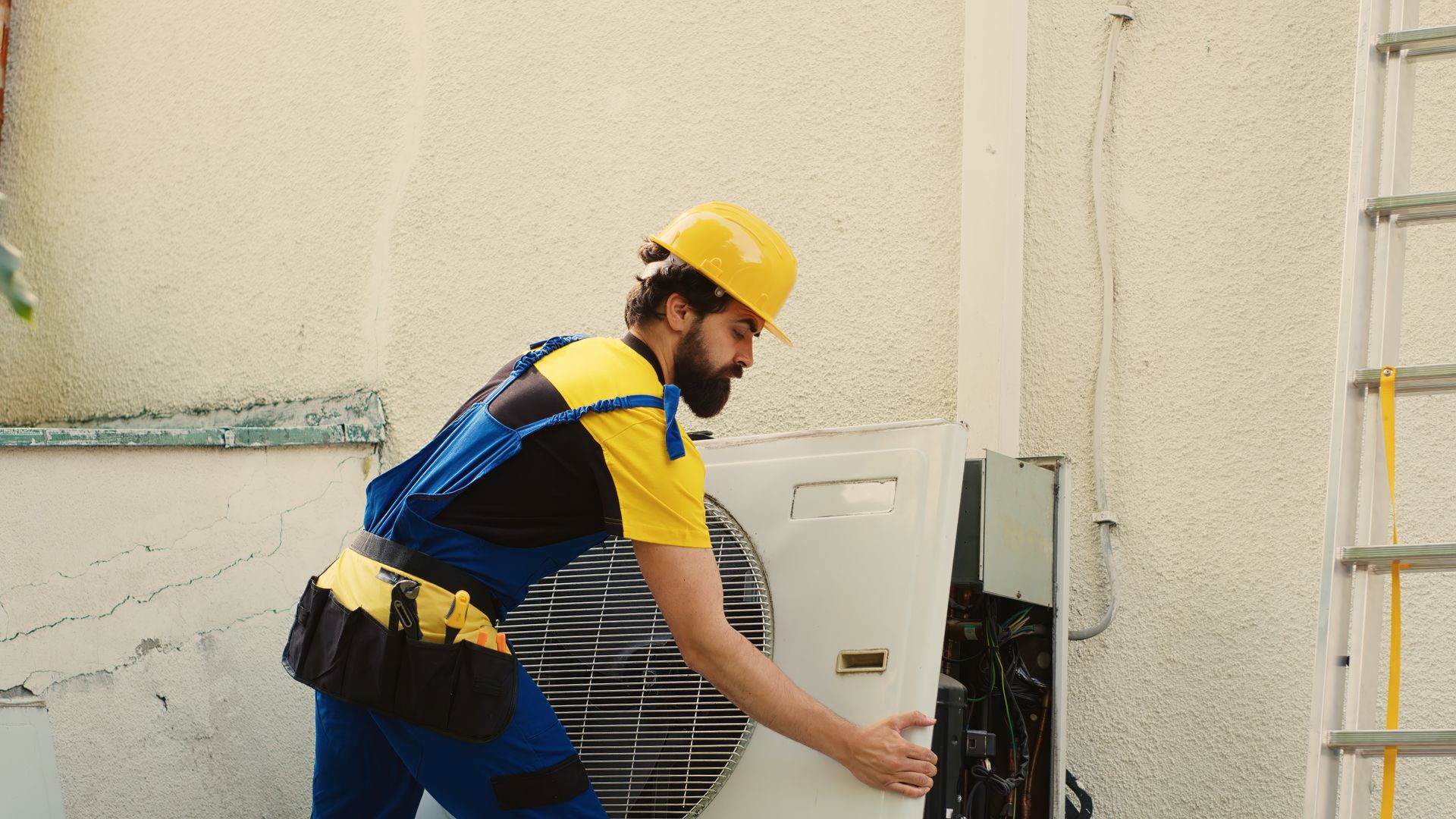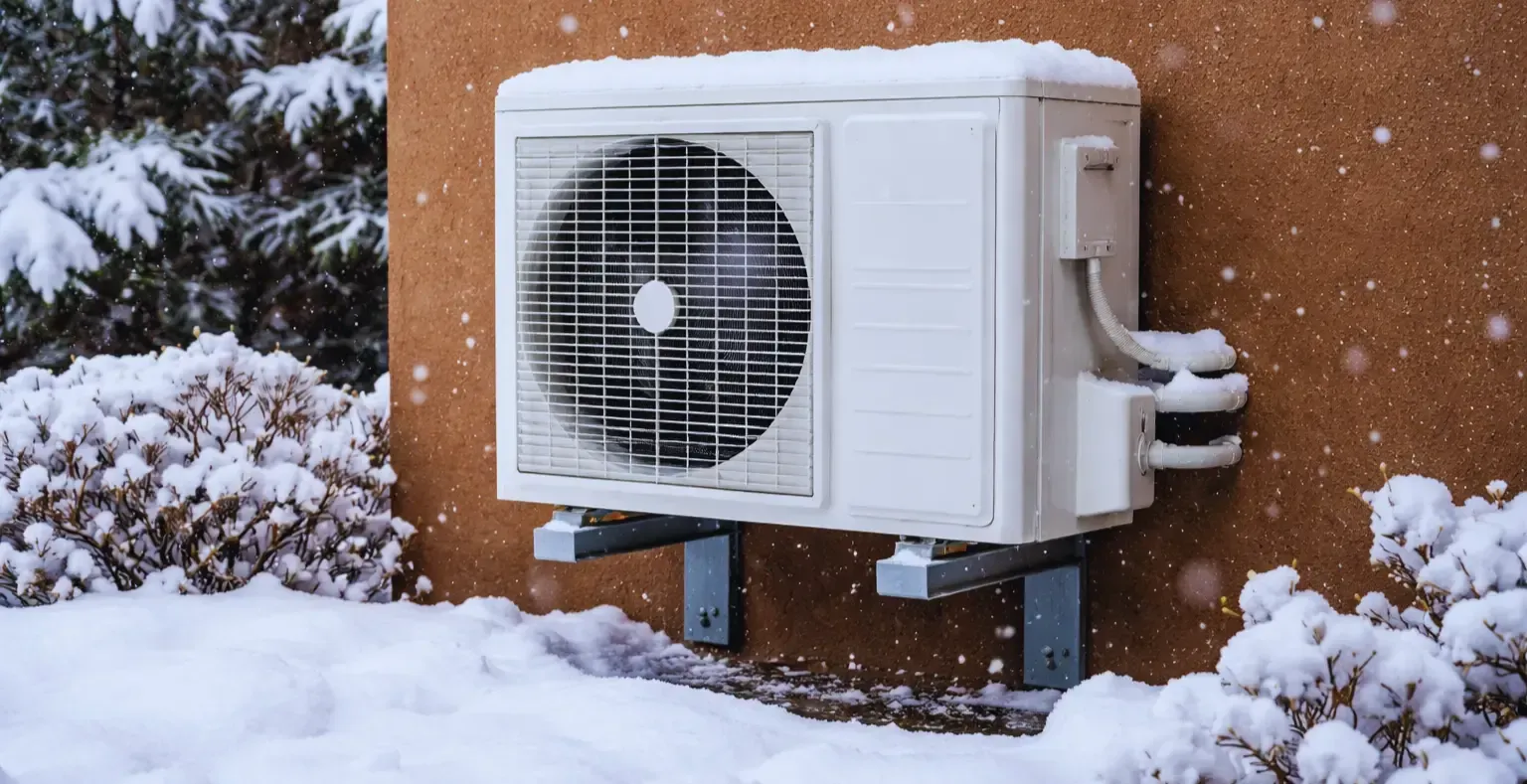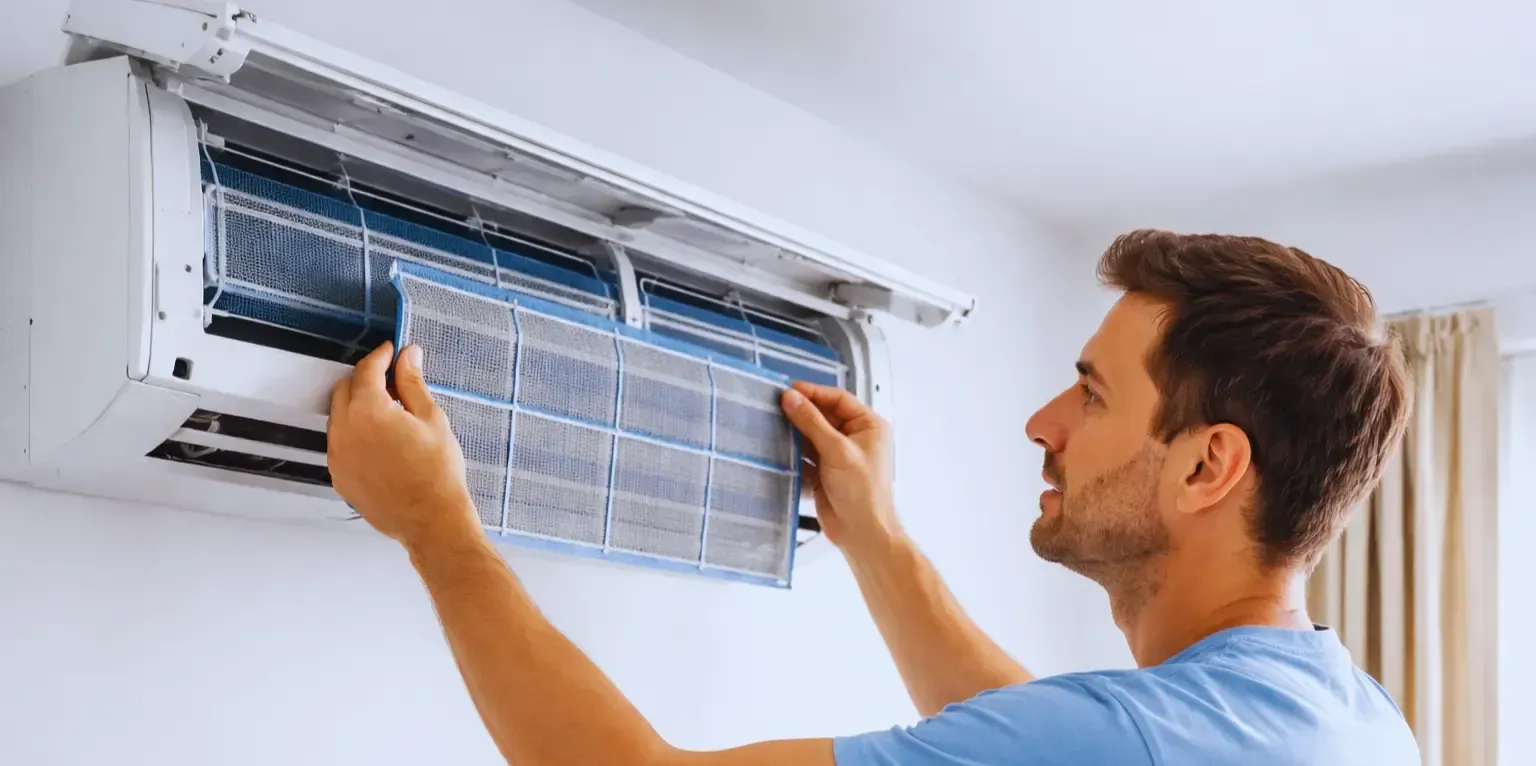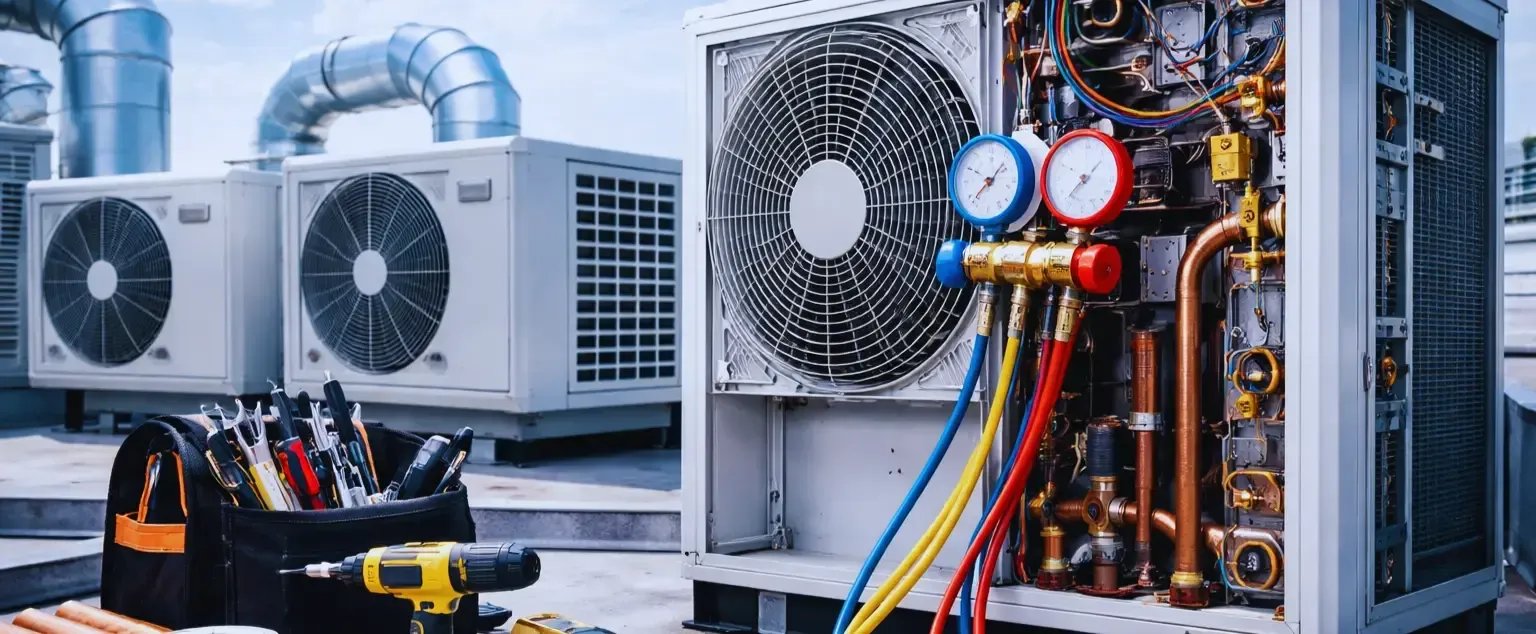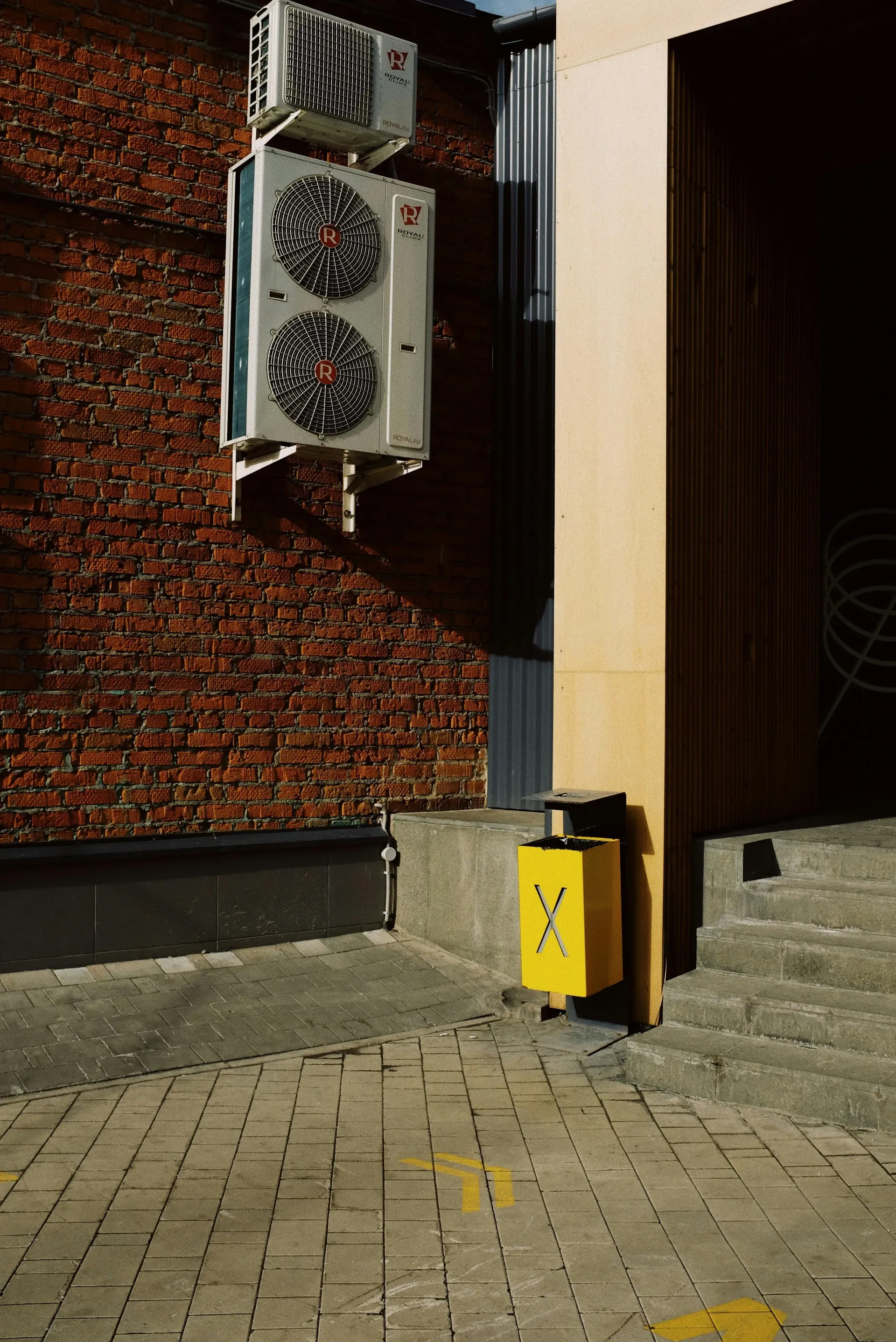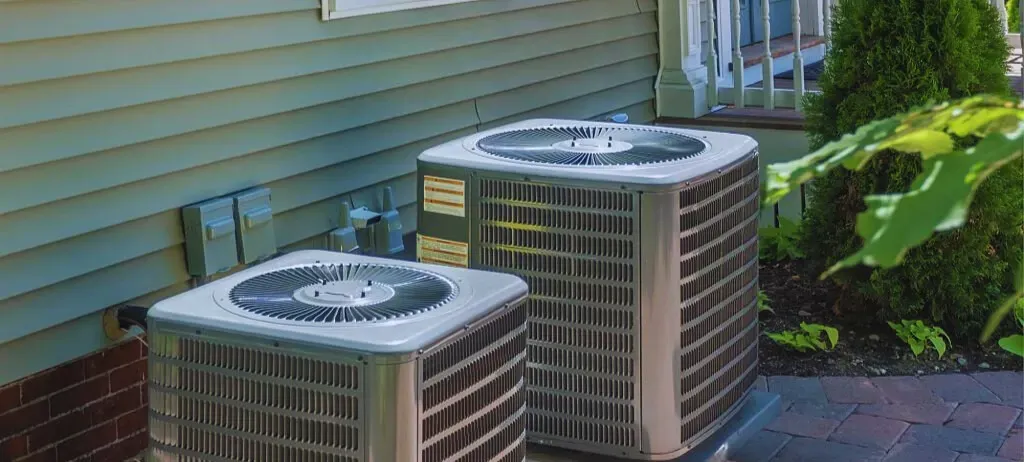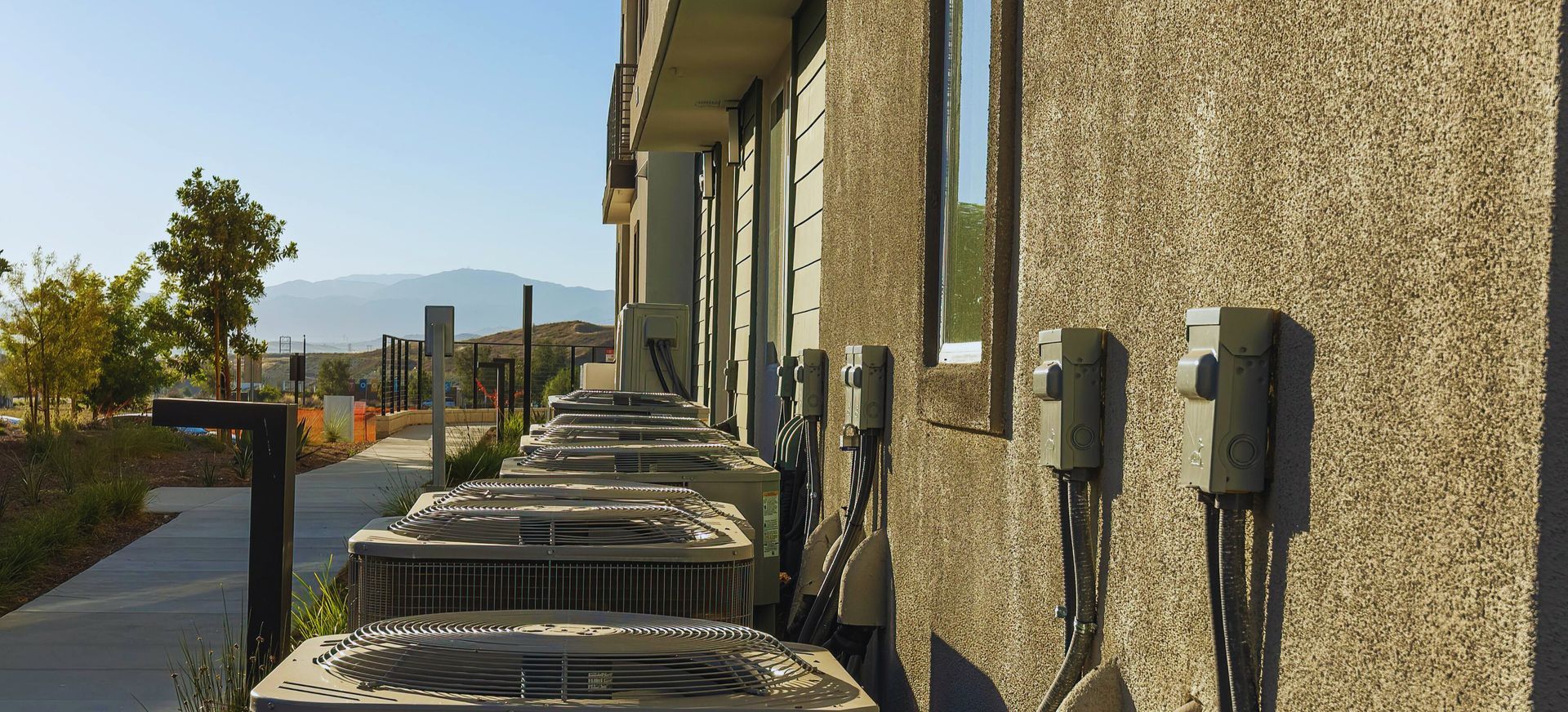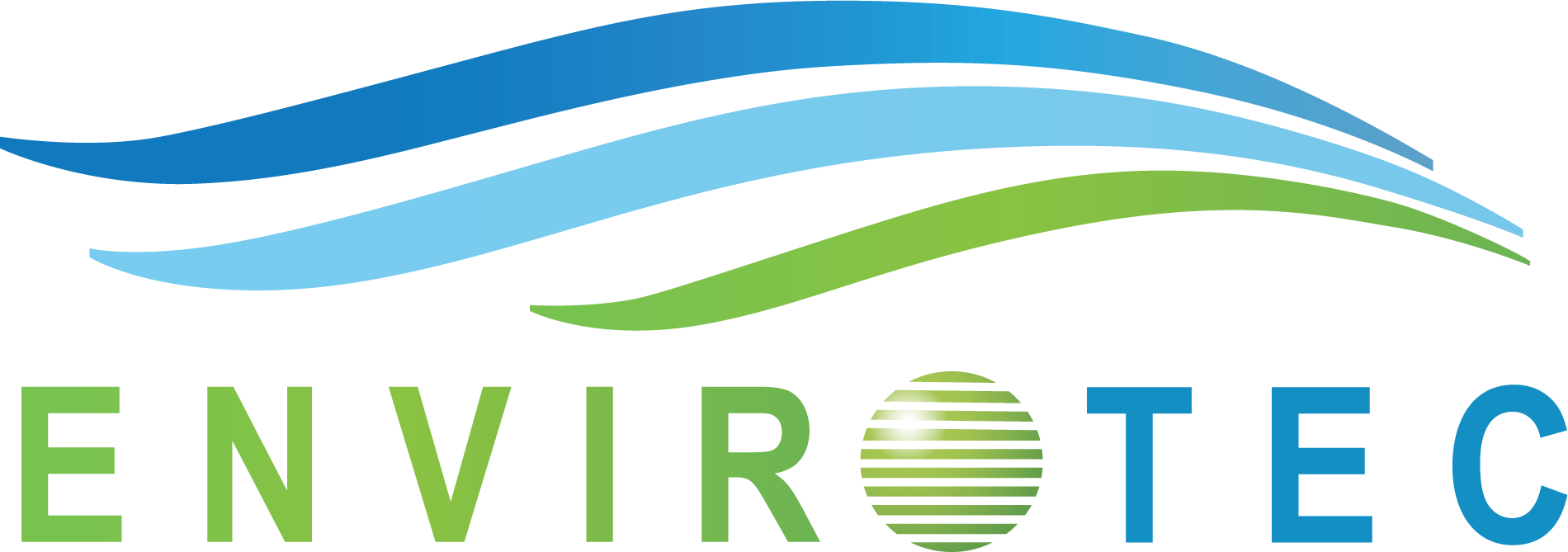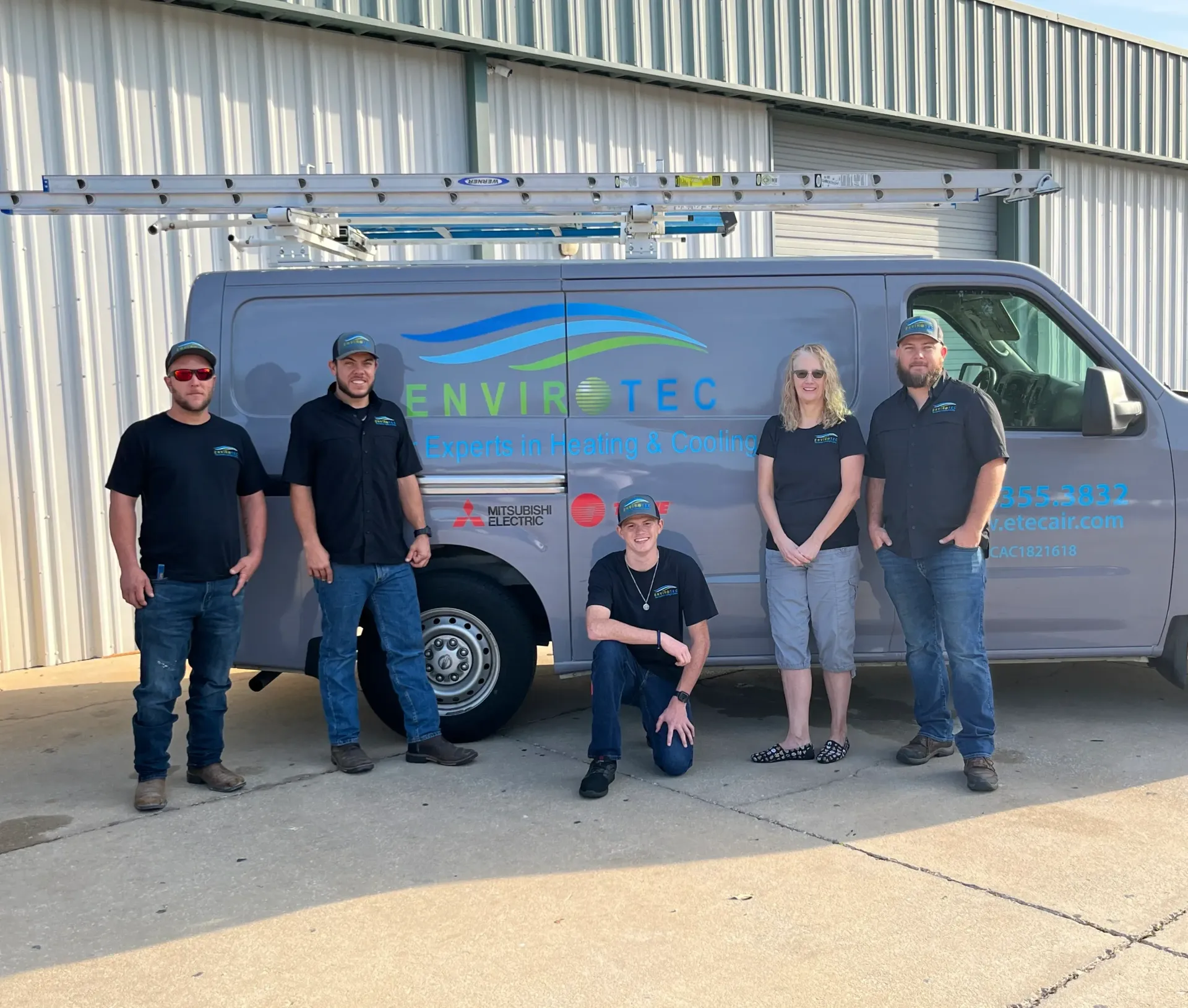Heating, Cooling & Clean Air: What Your HVAC System Has to Do With It
Your HVAC system isn’t just a machine. It's the heart of your indoor environment. It heats in the winter, cools in the summer, and keeps the air fresh and breathable all year long. Many people overlook the air quality side, but poor air inside can be just as harmful as outdoor pollution. That’s where HVAC steps in—not just adjusting temperatures, but cleaning and circulating air for better health and comfort.
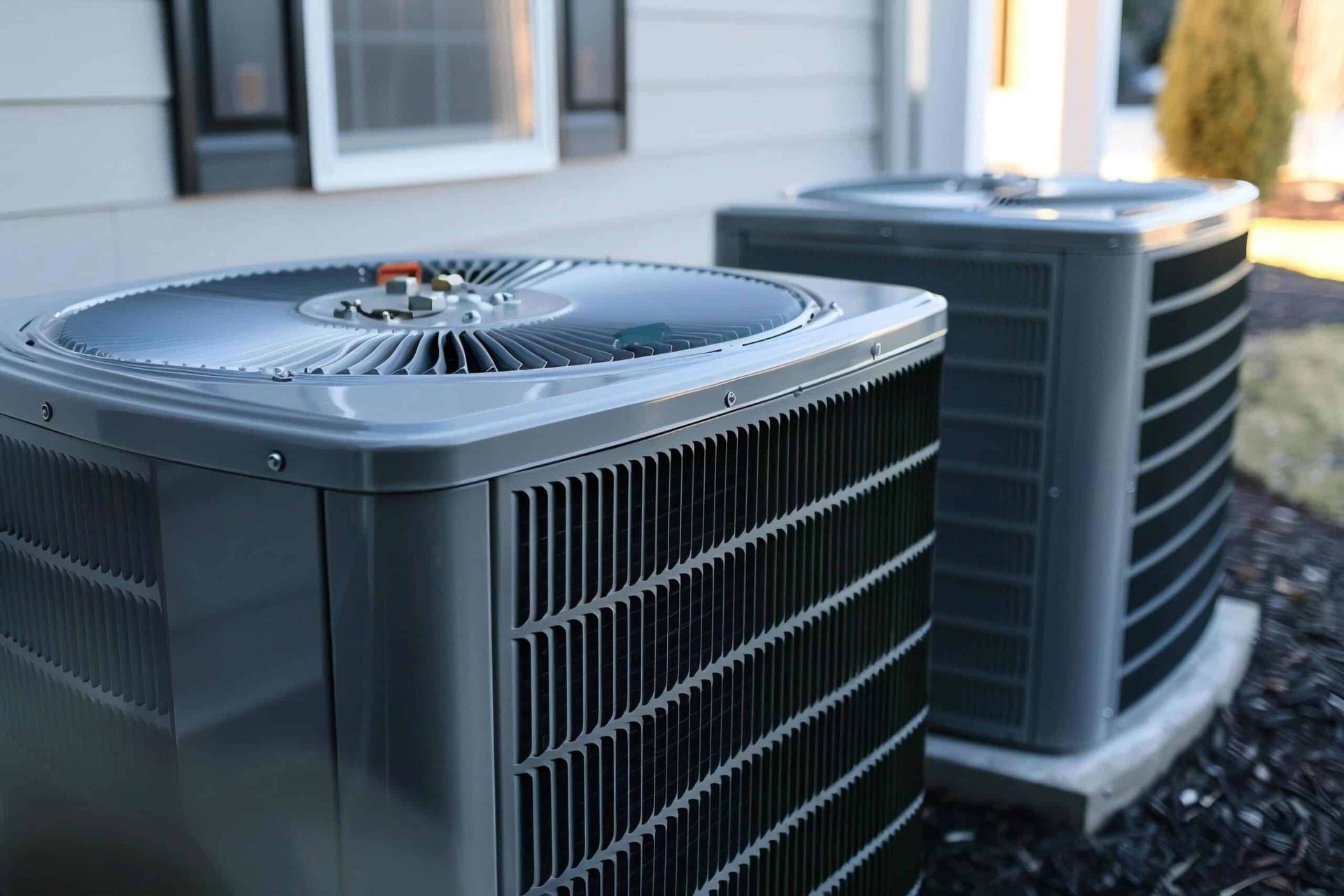
Understanding HVAC's Role in Indoor Comfort
Everyone loves a comfortable home, right? Whether it's escaping the summer heat or staying cozy in the middle of winter, your HVAC system is silently working in the background to make it happen. But did you know it also plays a big role in the air you breathe? That’s right—heating, cooling, & clean air: what your HVAC system has to do with it is more than just temperature. It's about the complete indoor environment.
What Does HVAC Stand For and How Does It Work?
HVAC stands for Heating, Ventilation, and Air Conditioning. It's a combination of systems that work together to regulate your home’s indoor environment. It usually includes:
- Furnaces or heat pumps for warming up the house.
- Air conditioners for cooling things down.
- Ventilation systems that circulate air and remove contaminants.
These components are usually controlled via a central thermostat that allows you to customize your indoor climate.
Components of a Modern HVAC System
Here are the major parts of a standard HVAC system:
- Thermostat – The brain of the system.
- Furnace – Generates heat.
- Air conditioner – Provides cooling.
- Ductwork – Delivers air throughout the home.
- Filters – Trap dust, pollen, and other airborne particles.
- Ventilation system – Manages airflow and air exchange.
Understanding these helps you know how each piece contributes to overall comfort and clean air.
How HVAC Systems Provide Reliable Indoor Heating
When winter hits, your HVAC system kicks into gear by heating up your home. Furnaces burn gas or oil, while heat pumps transfer heat from outside air. Either way, they work hard to ensure your home stays warm, cozy, and energy-efficient—even on the chilliest nights.
Different Types of Heating Options in HVAC Systems
Different homes require different heating methods:
- Gas Furnaces – Fast, powerful heating.
- Electric Furnaces – Easy installation and maintenance.
- Heat Pumps – Energy-efficient for milder climates.
- Radiant Heating – Quiet and consistent warmth.
Each system has its pros and cons, and your location plays a big role in deciding which is best.
How HVAC Keeps Your Home Cool and Comfortable
When it’s hot out, your HVAC system removes heat and humidity from the air. Central air conditioning systems cool down air in one central location and distribute it through ductwork. This ensures an even temperature across the entire house.
Energy-Efficient Air Conditioning Solutions
If you’re looking to cut down on energy bills, consider:
- SEER-rated systems (Seasonal Energy Efficiency Ratio)
- Zoning systems to cool specific areas
- Smart thermostats that adapt to your routine
Upgrading your AC can dramatically improve your comfort and reduce your environmental footprint.
Importance of Clean Air and Ventilation
Clean air is just as important as the right temperature. Poor indoor air quality can cause headaches, allergies, and even long-term respiratory issues. A solid HVAC system maintains a continuous flow of fresh air, pushing out pollutants and bringing in cleaner air.
Air Filtration: How HVAC Systems Clean Your Air
Your HVAC unit comes equipped with air filters that trap:
- Dust
- Pollen
- Pet dander
- Mold spores
Regularly replacing these filters ensures your air remains healthy and breathable, especially if you have allergies or asthma.
Humidity Control and Its Impact on Air Quality
Too much humidity invites mold and dust mites. Too little can lead to dry skin and breathing problems. HVAC systems balance this by adding or removing moisture from the air, depending on your local climate.
The Role of HVAC Maintenance in Energy Efficiency
Like a car, your HVAC system runs better with regular service. Annual checkups can help:
- Prevent breakdowns
- Extend system life
- Reduce utility bills
Be sure to schedule your HVAC System Service regularly to keep things running smoothly.

Common HVAC Issues and How to Avoid Them
Here are common problems you might face:
- Dirty filters
- Refrigerant leaks
- Thermostat issues
- Clogged drain lines
Routine inspections and maintenance go a long way toward preventing expensive repairs down the road.
How Often Should You Schedule HVAC System Service?
It’s generally recommended to have your HVAC system inspected:
- Twice a year—once before winter and once before summer.
- Change filters every 1–3 months.
- Get ducts cleaned every 3–5 years.
To schedule a checkup, visit the Contact page and reach out to a professional.
Smart Thermostats and Modern HVAC Innovations
New HVAC systems are smarter than ever. You can now:
- Control temperature remotely via apps.
- Use AI to learn your habits.
- Set schedules for efficiency.
These upgrades help save energy and improve your comfort effortlessly.
Eco-Friendly HVAC Systems and Green Building Trends
Sustainability is a big deal today. Modern HVAC systems offer:
- Geothermal heating
- Solar-powered units
- Low-emission refrigerants
These help reduce your carbon footprint and may even qualify for tax credits.
HVAC System Installation Costs: What to Expect
Installation costs depend on several factors:
- Size of your home
- Type of system
- Labor fees
- Ductwork requirements
On average, you’re looking at $5,000–$12,000. It’s a big investment, but one that pays off in comfort and efficiency.
Long-Term Benefits of a Quality HVAC Investment
A well-maintained HVAC system:
- Saves money over time
- Boosts home resale value
- Reduces emergency repairs
- Improves air quality for the entire family
How to Select the Best HVAC System for Your Home
Choosing the right system involves:
- Knowing your square footage
- Evaluating energy efficiency
- Considering your climate
- Understanding your budget
Always consult with a qualified technician for personalized advice.
Questions to Ask When Hiring an HVAC Technician
Before signing any contracts, ask:
- Are you licensed and insured?
- What brands do you recommend?
- Do you offer a service warranty?
- Can you provide references?
These questions ensure you hire someone trustworthy and experienced.
Frequently Asked Questions About HVAC Systems
What does HVAC stand for?
Heating, Ventilation, and Air Conditioning.
How often should I change my HVAC filters?
Every 1–3 months, depending on usage and filter type.
Can HVAC systems help with allergies?
Yes, especially systems with HEPA filters and air purifiers.
Is duct cleaning necessary?
Yes, every 3–5 years for improved airflow and cleanliness.
Are smart thermostats worth it?
Absolutely. They save energy and increase convenience.
How can I lower HVAC energy costs?
Regular maintenance, smart thermostats, sealing ducts, and upgrading insulation help cut costs.
Bringing Comfort, Clean Air, and Efficiency Together
So now you know how heating, cooling & clean air: what your HVAC system has to do with it plays a crucial role in your health and comfort. From temperature control to air purification and energy savings, your HVAC system does it all—when maintained properly. Don’t overlook it. A small investment in maintenance now saves big bucks later and keeps your family comfortable all year round.
Links
